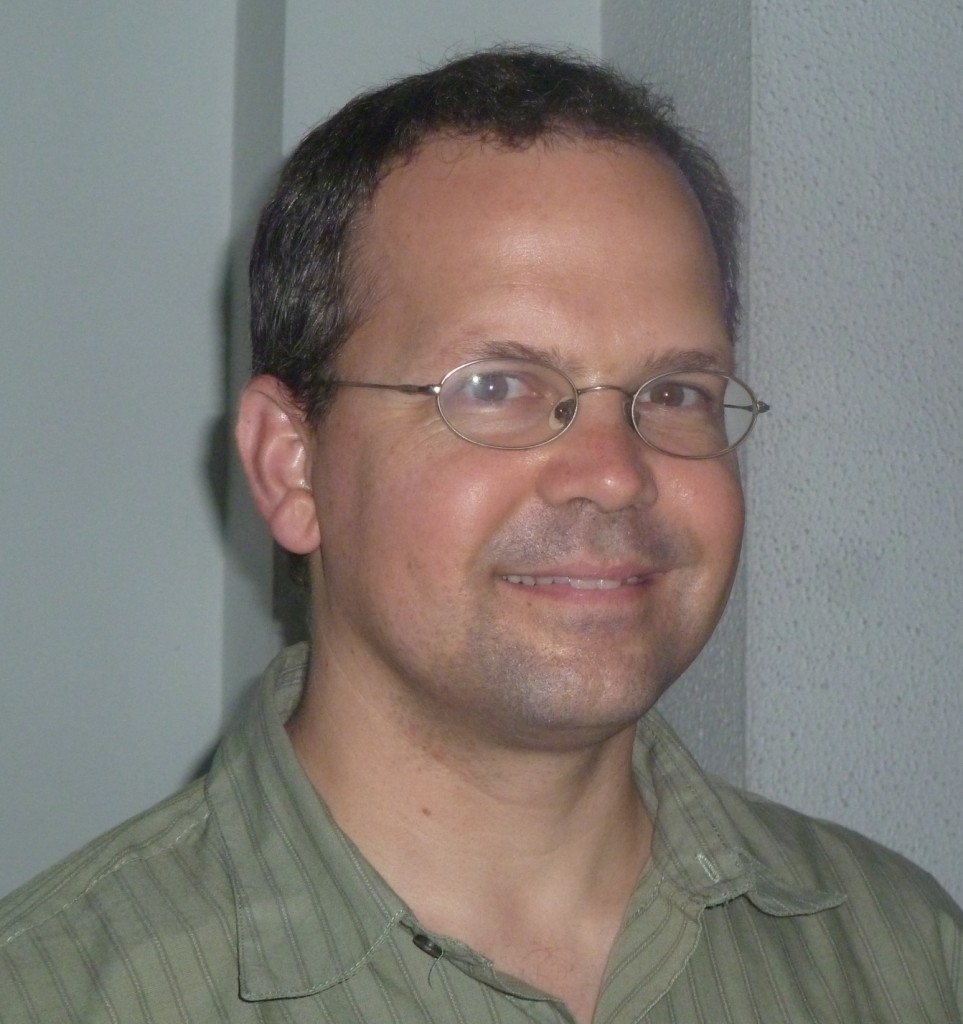As word spread that 28 Coptic Christians were killed by terrorists, ambushed on their way to a church retreat in Upper Egypt, it was a little while before the realization hit: I was on a church retreat in the Delta.
Being in the opposite direction offered no sense of safety. Only one month earlier the Islamic State sent two suicide bombers to spoil Palm Sunday in churches in the Delta cities of Tanta and Alexandria. But this attack seemed different, another escalation. Coptic outings like the fated one to St. Samuel the Confessor Monastery near Minya in Upper Egypt represent one of the favorite activities of Orthodox Christians throughout Egypt, a mixture of spirituality and social fun. This killing could be a message for Christians to stay in their homes. Whether at worship or leisure, they are ISIS’ favorite target.
But the mentality is worse. Before the Palm Sunday bombings, the Islamic State drove Christians from their homes in northern Sinai, forcing them to take refuge in the Suez Canal cities or Cairo. There is an element—very small but determined and dangerous—that wants Egypt rid of Christianity.
It will be a very difficult task. The roots of the faith go back two thousand years. Copts claim first-century St. Mark the gospel writer as the founder of their church, and third-century St. Anthony the hermit as the founder of monasticism. Gruesome death is no stranger to the Coptic Orthodox Church; its liturgical calendar begins at the era of Diocletian, the Roman emperor who set thousands of martyrs to the sword. It is not likely the church is going anywhere.
But will they think twice before going again to a monastery? St. Samuel is off in the desert, an ancient expression of the Christian impulse to simplify and flee the allurement of the world. Copts in Upper Egypt go to the monastery 120 miles south of Cairo on the Western Desert road to seek the saint’s blessing, and perhaps the spiritual guidance of a monk. But with little else in the way of area entertainment, they also go for a picnic and to have a good time.
So also do they go to Anafora, a modern expression of the Christian impulse to simplify and uplift the marginalized of the world. This is where I was, 90 miles north of Cairo on the Alexandria Desert road, when I heard the news of the savage attack on the bus to St. Samuel. The rest of the day the atmosphere was sullen. Founded only two decades ago and not a monastery but a place of lay retreat and development, Anafora is usually vibrant and bustling with activity. But what joy can there be in the face of such evil?
Yet there must be. That evening the staff at Anafora quietly celebrated the birthday of one of their sisters. The founding bishop urges Copts to not give into fear, but to insist on both love and justice. Is this not the message of Christianity, to resurrect life after suffering death? The Coptic Orthodox Church has incarnated this model for two thousand years, will they not continue?
Friday begins the weekend in Egypt in accordance with the Muslim day of communal prayer. Most churches make this their primary worship service as well, and many Christians take advantage of the quiet roads and time off to commune with fellow believers in their monastery of preference. There are dozens scattered throughout the country, and surely next Friday they will be full again. Copts have not stopped going to church after the suicide bombings. I suspect they will not stop celebrating their heritage of monasticism and martyrdom either.
But the question of continuance must be asked. Since the Arab Spring, emigration has dramatically increased in anecdote, though official figures cannot be verified. And for decades within Egypt, economic realities even more than sectarian tension have driven internal migration from villages to cities. Are there enough of strong faith and eternal Christian values to stay and persevere? Or is it those of strong means and international Christian connections who leave, regardless of faith? In any case, the less-well-off are left behind.
But poor, rich, and in-between, the Copts of Egypt still number in the millions. Now by far the largest Christian community in the Middle East, they also claim a Biblical promise. “Blessed be Egypt, my people,” God says through the prophet Isaiah, and with Muslims the Copts see God’s hand of preservation upon the land of the Nile. But Isaiah also listed Assyria, modern-day Iraq now bereft of Christians, as God’s handiwork. With Israel named as God’s inheritance, is the best the Copts can hope for a tenuous middle ground?
There may not be much sympathetic American Christians can do to help, but do try to understand. And as you enjoy your church outing in the weeks to come this summer, do so with remembrance and prayer. Think too of the allurements of the world, the blessings of simplicity, and the necessary uplift of the marginalized. Think of St. Samuel, and of Anafora, and of an ancient bond of faith.
If from there you can only grow frustrated, remember the importance of love, justice, and joy. Trust God will work out his purposes and join him along the way, even as ambushes await.
—
Jayson Casper is a journalist resident in Cairo. Every week he offers Friday Prayers for Egypt, invites all to pray along, and hopes it makes a difference.
Photo Credit: Screenshot of Associated Press raw footage of bus that was carrying Coptic Christians going to church retreat when they were ambushed in Egypt on May 26.







 Sponsor a student for Christianity & National Security 2024
Sponsor a student for Christianity & National Security 2024